Obama Has Right to Fill Scalia’s Seat on Supreme Court
Article Two, Section Two of the United States Constitution states that “[The President]… by and with the Advice and Consent of the Senate…shall appoint…Judges of the Supreme Court.”
The language used by the founding fathers is not ambiguous.
While the Senate definitely has a voice with regards to the Supreme Court, the language clearly indicates that the will of the Senate is secondary to that of the president. In other words, the president is meant to be the primary person making the decision.
Senate Majority Leader Mitch McConnell has recently announced that the Senate will block any nominee that President Obama puts forward and Republicans on the judiciary committee have collectively notified the president that they won’t even consider any of his nominees, causing a stalemate with regards to the nomination process. This is especially ironic, and arguably inconsistent, because Republicans often tout themselves as champions of traditional, strict constitutionalism.
To refuse to at least discuss a nominee is to do a great disservice to the American people.
However, it would appear that in this case they can’t be bothered to read the constitution very closely.
The primary argument is that President Obama’s choice may not reflect the will of the modern day American and therefore it’s best to wait until a new president is in office. Even though this “reasoning” is most definitely a guise, the argument still doesn’t stand because the will of the American people is reflected in President Obama.
In November 2012, the American people agreed to grant President Obama all powers that go along with being president for the subsequent four years. Perhaps the argument would stand if Obama were truly a lame duck; however, the 20th Amendment of the Constitution clearly states that “The terms of the President and Vice President shall end at noon on the 20th day of January,” meaning that officially, the lame duck period is between the first Tuesday in November and the 20th of January.
The Republican argument may even be justified if President Obama only had six or seven months left in office, but at this point neither party even has a nominee and President Obama has over 300 days left in his tenure. Barack Obama is still our acting President and as a result, he has the right to nominate whomever he chooses.
Nevertheless, it’s to be expected that Republicans would make a move like this. Allowing President Obama to nominate a Justice to the Supreme Court would lead to a 5-4 liberal majority on the highest bench in the land, which clearly isn’t in their best interest.
Regardless of their intransigence, Republicans are caught between various unpleasant outcomes. Refusing to nominate a Supreme Court Justice is a prime example of the governmental inefficiency that voters have come to loathe, which could cost Republicans the Senate. It also means many of this year’s cases could end in a 4-4 tie, leaving these decisions to lower courts, which won’t establish any national precedents, again embodying the aforementioned political efficiency. On the other hand, Republicans view acceptance of the President’s nominees as detrimental as well, for obvious reasons.
Ultimately, however, regardless of differing opinions, the Senate has a duty to the American public, and to refuse to at least discuss a nominee is to do a great disservice to the American people.
Major Supreme Court cases this term include Fisher V. University of Texas at Austin, which deals with the issue of race in college admissions, Friedrichs V. California Teachers Association, which deals with the issue of collective bargaining for public employees, and Whole Women’s Health V. Cole, which deals with the issue of reproductive service availability. All of these case outcomes will affect adults and students alike in some capacity, and the fact that they may be decided by eight justices will make for an even more captivating judicial term.
When a nomination does finally take place, that justice will most likely sit on the bench for decades to come, affecting the younger generation in a larger capacity than the older one. This also places more attention on the 2016 presidential election, since the eventual winner could end up filling not only Scalia’s seat, but the seats of several other justices as well, leaving a significant impact on American politics far into the future.



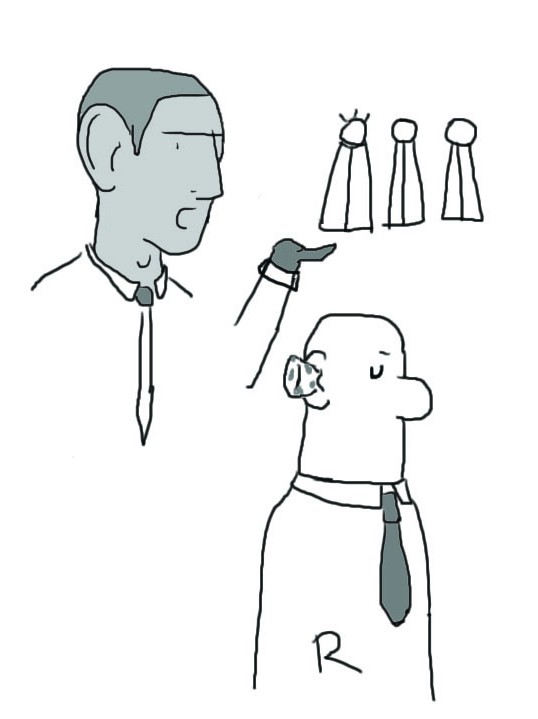
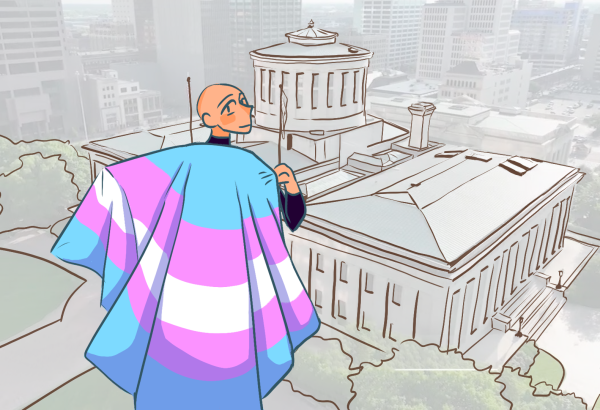



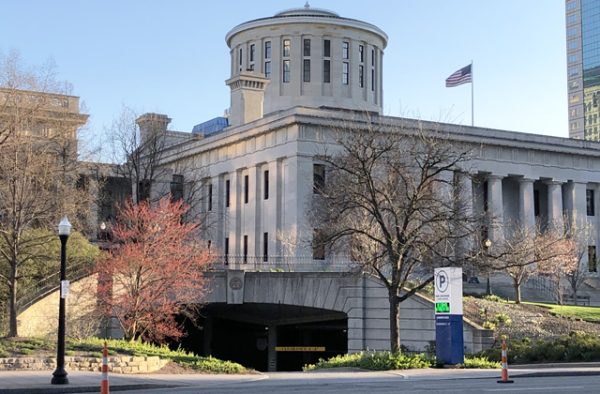

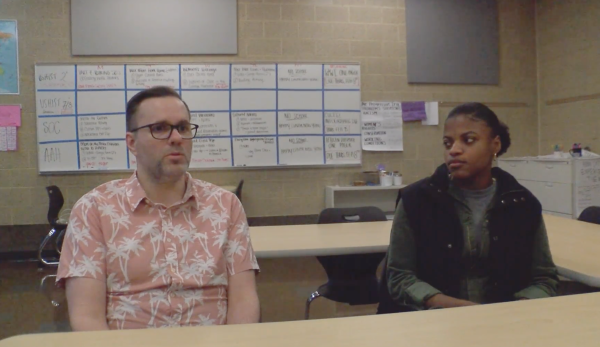
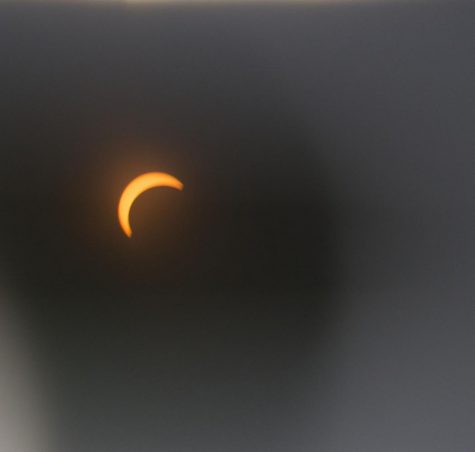






Jillanna Kyle Lane • Feb 27, 2016 at 1:05 PM
This was a well written factual article. The President is mandated to fulfill his duties. Great read.